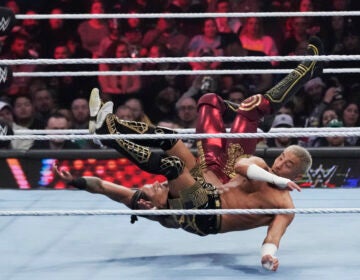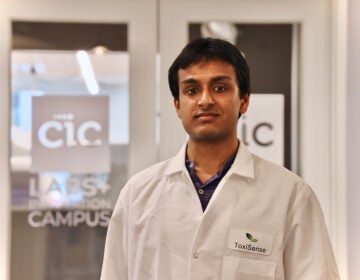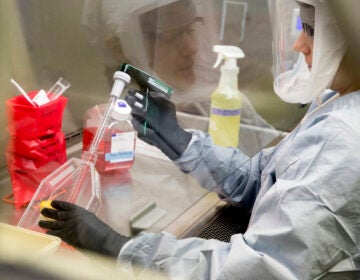The Covid-19 vaccine & personal choice
What's behind the decision of a quarter of Americans who haven't been vaccinated? And, with a shortage of ICU beds and ventilators in several states, who gets treated?
Listen 49:00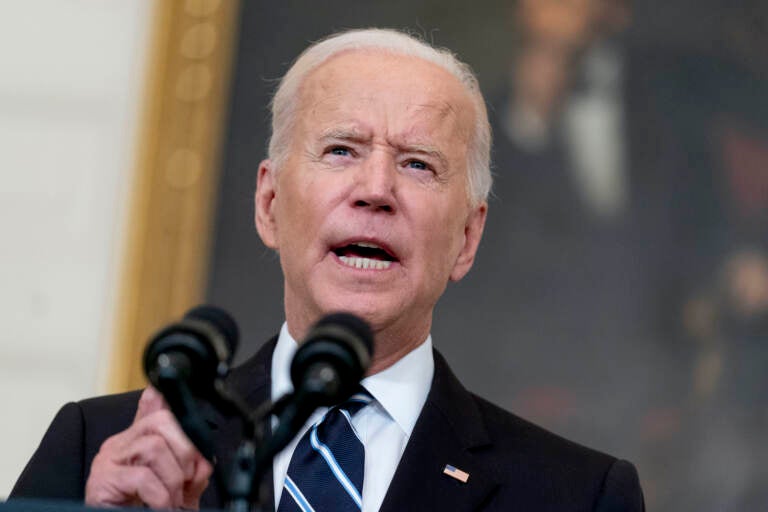
President Joe Biden speaks about his plan to stop the spread of the Delta variant and boost COVID-19 vaccinations in the State Dining Room at the White House in Washington, Thursday, Sept. 9, 2021. (AP Photo/Andrew Harnik)
Amidst a public health crisis and the spread of misinformation on social media, the Covid-19 vaccine has become a hotly debated matter of personal choice. While the US protects freedom of speech and expression, many fully vaccinated Americans are frustrated with anti-vaccine advocates who rail against mandates and actively discourage others not to get the shot. In what president Biden is calling “a pandemic of the unvaccinated”, many people still lack access to the vaccine or are quietly hesitant about long-term effects. We talk with TARA HAELLE, freelance science journalist and author of “Vaccination Investigation: The History and Science of Vaccines.” And with ICU beds and ventilators running out in many states, should people who’ve refused the vaccine get the same treatment as those with breakthrough cases? Bioethics professor at NYU Grossman School of Medicine ARTHUR CAPLAN joins the discussion about blame, responsibility and the complicated ethics that follow a “personal choice.”
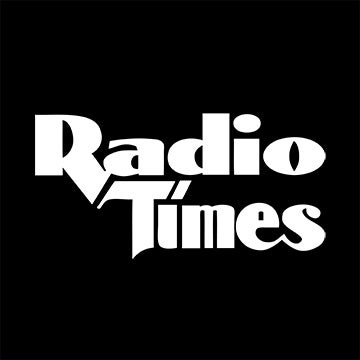
Subscribe for more Radio Times
WHYY is your source for fact-based, in-depth journalism and information. As a nonprofit organization, we rely on financial support from readers like you. Please give today.



